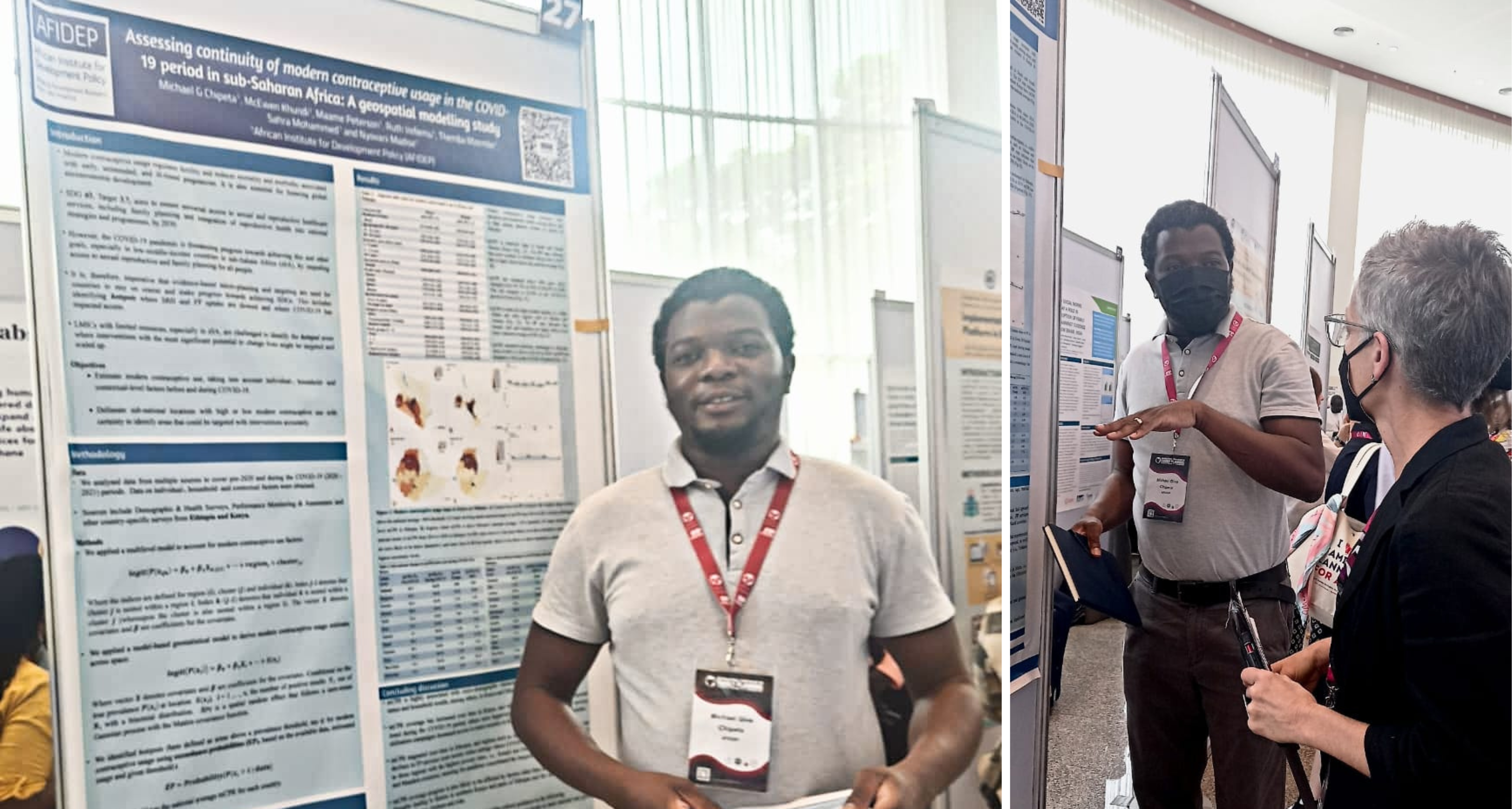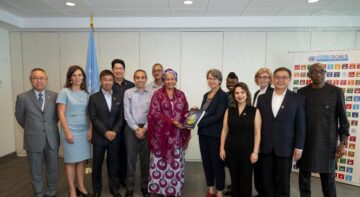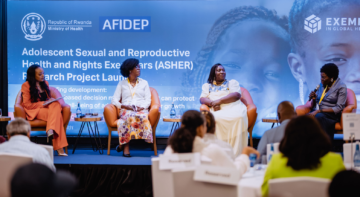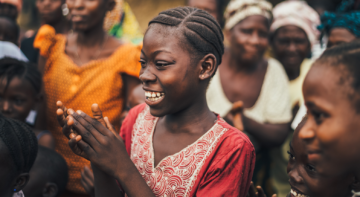Blogs

Countries globally signed and agreed on a development agenda, the Sustainable Development Goals (SDGs), also known as Agenda 2030, in 2015. The agenda comprises population, environment, infrastructure, and health targets that countries must achieve; there are 17 specific goals.
With the COVID-19 pandemic, progress in achieving the 17 SDGs has been derailed. The progress made in the health sector has had substantive challenges as countries have redirected resources to tackle the pandemic. This is mainly noted within low-middle income countries (LMICs) in sub-Saharan Africa (sSA). In particular, governments in LMICs, such as sSA, have shifted efforts within the healthcare system, i.e., in the Sexual Reproductive Health (SRH) and family planning (FP) sectors, among others, to respond to the pandemic. This has created challenges such as downscaling SRH and FP services, hindering populations from accessing such services.
How can countries get back on track?
Using evidence in microplanning and resource targeting will allow countries to get back on track. To do this, governments need to identify hotspots where uptake of healthcare services such as SRH and FP is the slowest and where COVID-19 has impacted access to care. LMICs with limited resources, especially in sSA, are challenged to identify the hotspot areas where interventions with the most significant potential to change people’s lives might be targeted and scaled up. This is partly due to the lack of reliable data and research at the sub-national level, especially during the COVID-19 pandemic.
The Putting Countries Back on “The Path to Achieving the SDGs” (Back-on-Track) project has been researching to investigate the potential effects of COVID-19 on health service delivery by looking at trends before and during the COVID-19 period. The project is building country roadmaps to ensure resilience in health service delivery during pandemics and help countries get back on track to achieving SDGs. The investigations have been conducted in three sSA countries, namely Kenya, Nigeria and Ethiopia, in collaboration with the ministries of health within the selected countries.
Assessing continuity of modern contraceptive usage in the COVID-19 period in sSA
As part of the Back-on-Track project, a comparative analysis of modern contraception use has been conducted before and during the pandemic to assess the continuity of usage. The project has analysed data on individual-, household- and contextual factors from multiple sources to cover pre-2020 and during the COVID-19 (2020-2021) periods. Modern contraceptive use varied across the countries, with the lowest usage estimated for Ethiopia and the highest for Kenya. Some factors influencing the usage of modern contraceptives include socio-demographic characteristics such as education, age, marital status and household wealth, among others, in Kenya and Ethiopia.
Modern contraceptive coverage has increased over time in Kenya, and while some counties continued this upward trend during the COVID-19 period, others were negatively impacted by the pandemic. Modern contraceptive usage stagnated over time in Ethiopia, and regions that experienced declines in FP services were primarily urban settings where the government imposed COVID-19 restrictions and those regions with the highest poverty rates meaning the pandemic exacerbated the inequalities. Modern contraceptive coverage progress is also likely to be affected by factors other than the pandemic in future, i.e., droughts leading to famine in northern Kenya and parts of Ethiopia and the conflict in parts of Ethiopia.
The findings from the comparative analysis have identified hotspots that need interventions, post-COVID-19, at the sub-national levels to meet national and global targets such as the SDGs and International Conference on Population and Development (ICPD +25).
Despite the pandemic, countries can improve and get back on track to achieving SDGs. National governments can achieve this by implementing targeted interventions for the limited available resources to have the most significant positive impact on women’s health.
As countries and organisations convened at the International Conference on Family Planning (ICFP2022) in Pattaya, Thailand from 14 November to 17 November; the project team took the opportunity to share its research and draw lessons from others. This helped in validating the findings and getting feedback from the research community. The research will help countries make the right investments to get them back on track.
Related Posts





